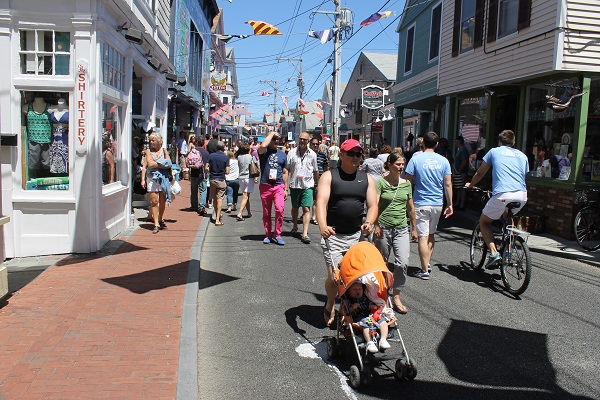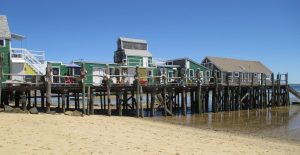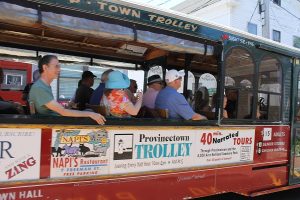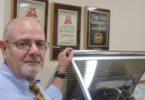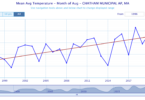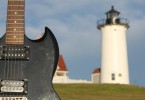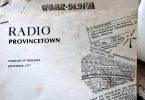PROVINCETOWN – On a sunny afternoon in late June, a few people were chatting on the deck of Captain Jack’s Wharf in Provincetown’s West End.
Captain Jack’s is a piece of old Provincetown. It is one of the last remaining private wharfs along a waterfront that once had dozens. Its bohemian apartments are now condos, but still maintain the artistic allure that once drew Tennessee Williams. The playwright is said to have written parts of “The Glass Menagerie” and three lesser known plays while ensconced in the unit now known as Windswept, according to David Kaplan, author of “Tennessee Williams in Provincetown,” and co-founder and curator of the Provincetown Tennessee Williams Theater Festival.
The talk on the deck of Captain Jack’s turned to new Provincetown, to the town’s changing demographics. People are saying that this once predominately gay resort town was now attracting a growing number of straights.
The concern was whether Provincetown’s very culture and uniqueness was threatened.
Gregory Saint Jean, 52, who has been the manager of Captain Jack’s for 19 years, said it was.
“That uniqueness, I don’t think it’s around any more,” Saint Jean said.
Saint Jean said he has been coming to Provincetown since 1982 and he feels the newer arrivals are not in tune with the Provincetown aesthetic.
“They judge me. If I come out in high heels and a dress, it used to be that [a guest] would offer me lipstick to match,” he said. Now, he said he feels they are not in on the joke.
“Some straight people are okay. They get it. But it seems to me a lot of straight people come to town who don’t get the gay thing and you can feel it,” he said. “In the past two years, I’ve really noticed it.”

